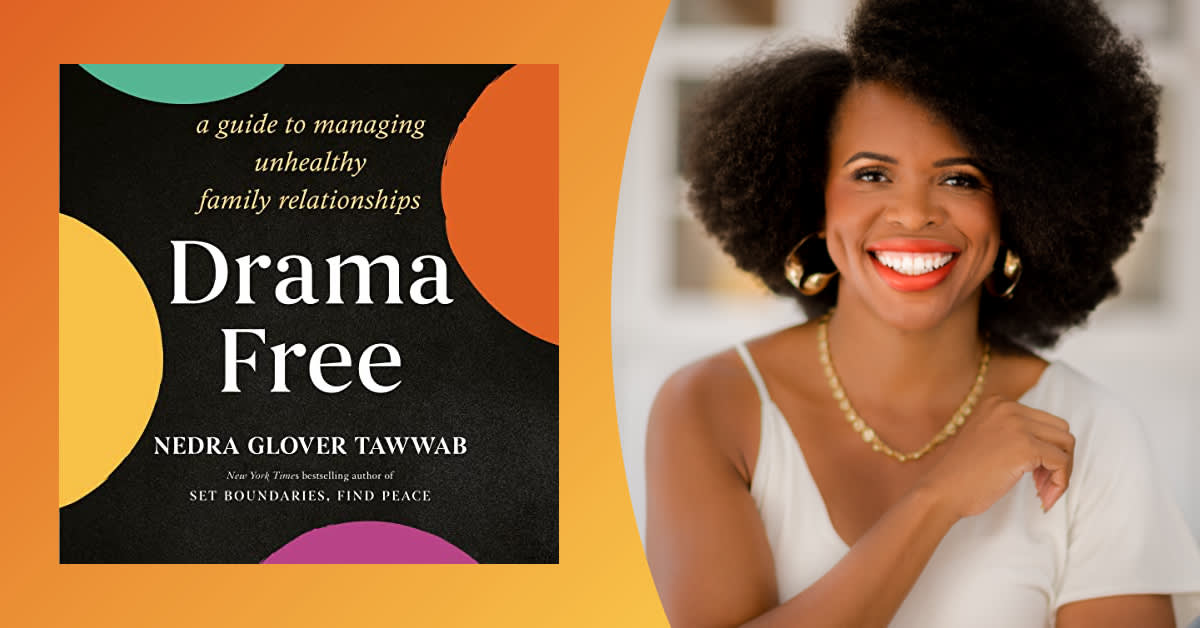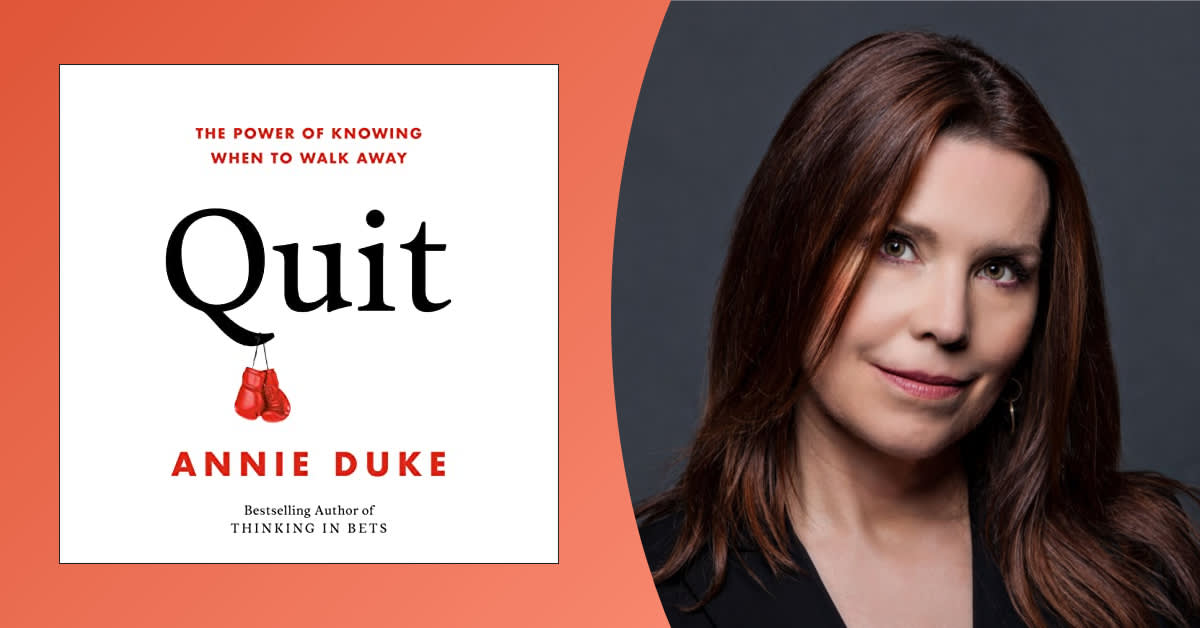For many people, unhealthy families can be a lifelong source of shame, guilt, and trauma. Nedra Glover Tawwab, a licensed therapist and the bestselling author of Set Boundaries, Find Peace, helps listeners understand and repair these issues with her newest audiobook. Here, she shares the inspiration behind Drama Free and some key tips for overcoming harmful generational patterns through acceptance and optimism.
Audible: What motivated you to write Drama Free?
Nedra Glover Tawwab: Family relationships, when healthy, help us thrive and feel connected, but when unhealthy, cause life disruptions riddled with obligations to stay connected. People often speak of family issues as something they have to deal with, as if there aren't any solutions. The solutions are complicated to implement when within the family, you are expected to go along with how things are. Many people need support to make changes that will likely benefit their relationships or create peace in a person's life. Drama Free teaches you why you feel stuck and how to handle situations that are longstanding or those that happen in the present.
Healing is an ongoing process, and it shows up in my life as exercising new beliefs, unlearning what wasn't helpful, offering grace, and deciding how things can be today.
How does Drama Free build on or relate to Set Boundaries, Find Peace?
Boundaries help build healthy relationships. When complex issues are addressed, moving forward with expectations is how we move forward in relationships. You must be clear about the offense and detail what each party will do differently to reconnect and remain healthy. Some people won't change, and accepting that in your relationships can change what you expect from others.
How does personal identity affect acceptance and understanding within families? How can family members be more supportive of each other’s differences?
Our identity shapes the way we see and respond to others. For some, when family members disagree with certain aspects of another person's identity, conflicts around acceptance occur. We exist in the world with different humans, and in family systems, there are representations of the world—different people. Adult children may convert to a different religion or not practice any religious beliefs at all. Family members may marry people outside their ethnicity and cultural background. When there's a lack of understanding, it's helpful to wonder, respect, and find common ground instead of challenging, accusing, and trying to change others.
What are some simple steps that adult children of unhealthy families can take toward healing?
Identify patterns in your family that have been harmful. Addressing everything at once will be overwhelming. Start with an issue that impacts you most and prepare to have an uncomfortable conversation. Reframe the way you look at conflict. See it as an opportunity to work through an issue. Step into the conversation optimistically.







